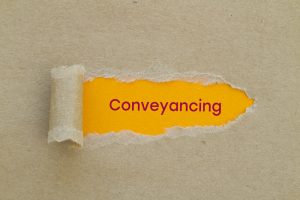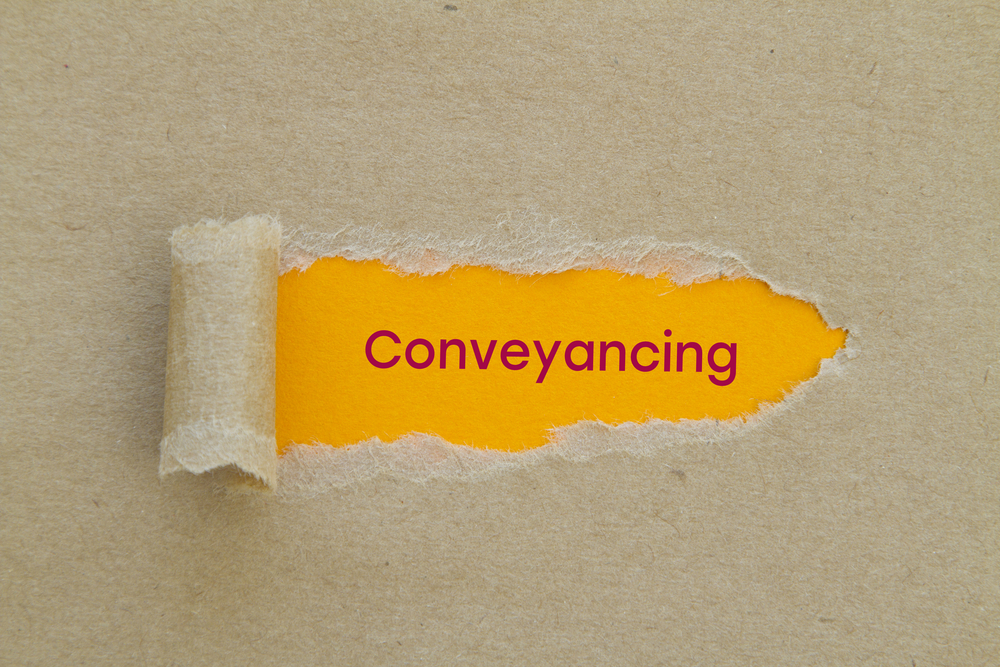Prospective home buyers can be forgiven for feeling a little down in the dumps at the moment with the prospect of a move to a new home seemingly a long way off. However, if you are planning to make a house purchase now that lockdown measures have eased, there is a lot you can do now right now to get ready in preparation for a move, says Stephen Ward of the Council for Licensed Conveyancers (CLC).
 Firstly, use this time to choose your conveyancer.
Firstly, use this time to choose your conveyancer.
Conveyancing, the legal work undertaken during a property purchase, is a specialist area of the law, and by choosing a conveyancer best suited to your specific purchase, you can help to ease some of the stress involved.
If you want to hit the ground running having appointed your conveyancer will mean you’ll be ready to get things moving as soon as you’ve found the property you want to buy. And remember, your conveyancer is completely on your side. Which is why it makes sense to appoint one sooner rather than waiting until you have had an offer accepted.
Consider different kinds of conveyancers
It’s worth thinking about whether the way the firm works with clients suits your needs and what experience they have in dealing with transactions like yours. Do think about how you want the service delivered.
Will you find it easier to deal with someone mostly online and by email, or would you value being able to pop in for face-to-face conversations? It can be convenient to deal with people online, but some people prefer the ability to see their conveyancer face-to-face. Make sure you choose a firm that works the way that suits you best.
Also, do check that the firm you are considering using is regulated by one of the legal sector regulators. There are two regulators, namely: The Council for Licensed Conveyancers and the Solicitors Regulation Authority.
Particularly if there is a mortgage involved, you will need a regulated lawyer/firm to do your conveyancing for you. Regulation ensures that, should something go wrong, you will be protected and have a clear way to seek redress.
Consider quality, not just price
While it is important to ensure you receive a full and clear quote of costs from conveyancers you are considering using, price shouldn’t be the only factor in your decision on who to appoint.
Recommendations from family and friends are a good indicator of a quality service, as are reviews on sites such as Trustpilot and Feefo. The quality of the service you will receive will be far more important to your peace of mind than cost.
Do be aware that estate agents can receive a fee if they refer you to a conveyancing firm. You don’t have to use who they recommend and are fully at liberty to choose the conveyancer who best suits your requirements.
Next, get all of your paperwork in order.
When buying or selling a property, it can seem as if even before they deal with you, everyone, be it estate agents, conveyancers, or mortgage brokers, are all asking you for the same information.
It can seem frustrating and time-consuming being asked to provide the same forms of ID or bank accounts over and again, and failure to provide them in a timely fashion can slow things down, but there are very good reasons as to why this information is requested.
What each of them is seeking to do is verify that you are who you say you are. If you are buying a property they need to be sure that the funds you will be using come from a legitimate source; and if you are selling, that the property is yours to legally sell.
Trust me, whether it’s an estate agent, a property lawyer or your bank, they’re not purposely trying to annoy you at what is an already stressful time. The reality is that they are each regulated separately and under English law are liable if something goes wrong. Therefore, they must take responsibility for their own checks, without relying on someone else’s. The legal guidance on this is clear.
In 2014 a company, Dreamvar, thought they were purchasing a property from a seller. Unbeknown to Dreamvar, the seller was a fraudster who had managed to obtain both the driving and TV licence of the true owner and get them certified by a solicitor. It was only after the buyers had transferred the money for the property that they discovered they had been defrauded and the money was gone.
Unfortunately, this case is not unique.
Criminals see property transactions as a great way of ‘cleansing’ the proceeds of their crimes. Buying a property enables criminals to launder large amounts of money in a single transaction.
So alongside being able to prove you are who you say you are, this is why you also have to demonstrate where the funds for your purchase are coming from.
Checklist
You will need to show:
- Proof of where your funding has come from, this might include your last three months’ payslips; a P60 from your employer; tax return and other documents if you are self-employed. More information on the documents you need is available on the Money Advice Service website.
If some, or all, of your funding is coming from an inheritance, you will need evidence from the executors of the estate. If you have money coming from a family member, you will need a letter from them confirming that the money provided is a gifted deposit and that they have no rights over the property. - A proof of identity document, such as a passport or driving licence. A full list of official identification documents is available on the government’s website.
- Proof of your current address, such as a driving licence, bank statement, or utility bill (not more than three months’ old). A full list of proof of address documents is available on the government’s website.
Being prepared increases your chances of a seamless, quick transaction. So, with that in mind, it’s worth being aware of these checks in advance and getting the documentation together that you need at the beginning.
If you want to know any more about the property buying and selling process, read the CLC’s guides on buying or selling your home.
Stephen Ward is director of strategy and external relations at the Council for Licensed Conveyancers














